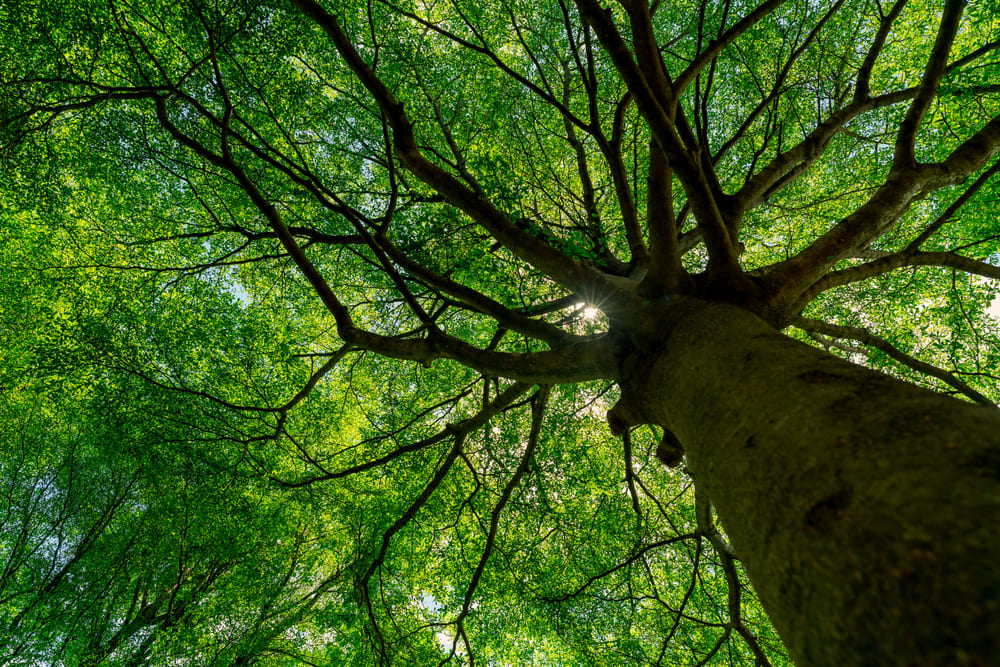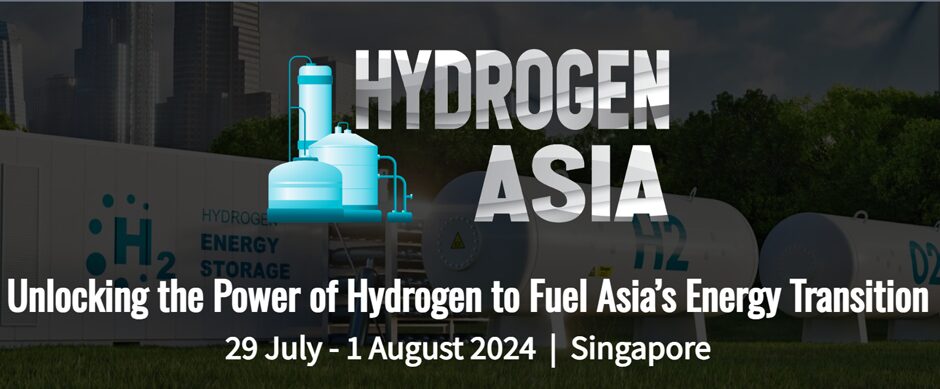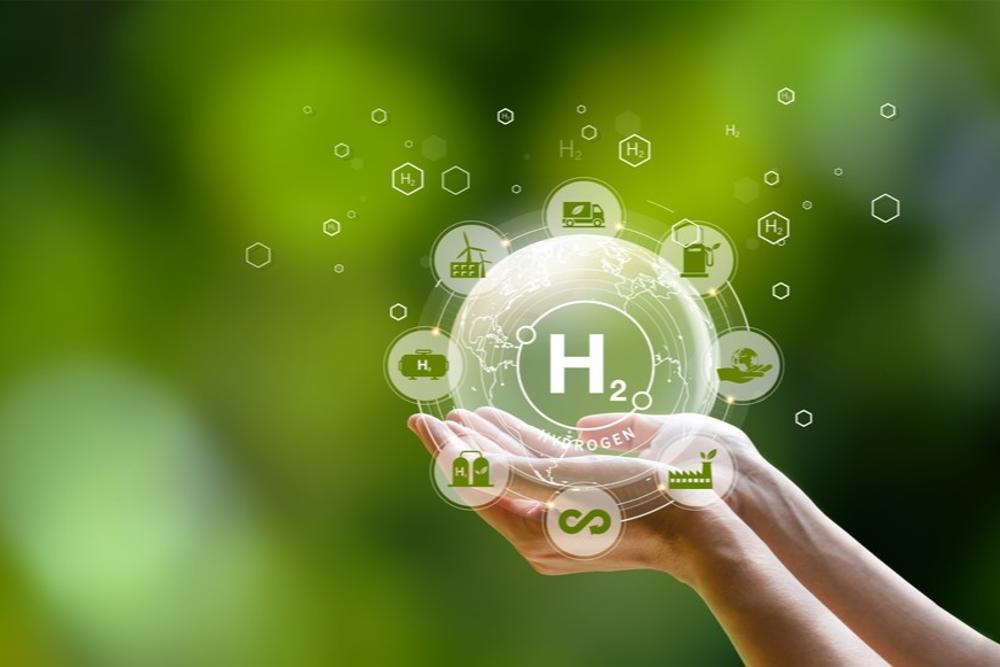
The Australian Renewable Energy Agency has announced conditional funding of up to AU$50 million and €40 million has been awarded by Australia and Germany across four projects as part of the German-Australian Hydrogen Innovation and Technology Incubator (known as HyGATE).
ARENA, on behalf of the Department of Climate Change, Energy, Environment and Water (DCCEEW), has teamed up with Germany’s Federal Ministry of Education and Research (BMBF), through Project Management Jülich (PtJ), to administer HyGATE.
Australia and Germany committed funding up to AU$50 million and €50 million, respectively, to the HyGATE initiative which opened in March 2022. The objective of HyGATE is to strengthen Australian-German cooperation on reducing the cost of producing hydrogen from renewable sources and to stimulate the innovation process in both countries.
ARENA and PtJ have awarded conditional offers of funding to the following projects:
| Company (Australian lead applicant) | Company (German lead applicant) | Project Name | ARENA Funding (AUD) | BMBF Funding (EUR) |
| ATCO Australia | Fraunhofer IST | ScaleH2 | $0.8 million | €4.7 million |
| Hysata | Fraunhofer IPT | High-Efficiency ‘Capillary-fed’ Electrolyser Pilot Project | $8.98 million | €5.9 million |
| Edify Energy | Siemens Energy Global GmbH | Edify Green Hydrogen Project | $20.74 million | €16.4 million |
| Vast Solar | Fichtner GmbH | Solar Methanol | $19.48 million | €13.2 million |
HyGATE brings together Australian and German industry and research partners to deliver new hydrogen projects, with the projects primarily occurring in Australia.
The Australia-Germany Hydrogen Accord, announced in June 2021, builds on the respective strengths of the two countries. Australia has the potential to be a world leader in the production and export of clean hydrogen and Germany holds expertise in hydrogen technology and is planning to import significant quantities of hydrogen in the future.
ARENA CEO Darren Miller said the HyGATE Initiative was a great next step in helping to commercialise renewable hydrogen.
“We’re excited to be able to announce these four hydrogen projects that demonstrate the benefit of global collaboration to achieve a new export industry in renewable hydrogen and push us further towards the goal of net zero emissions.
“HyGATE highlights our strong relationship with Germany. Through our joint support we will bring together Australian innovation and state-of-the-art German renewable hydrogen technology for the benefit of both countries,” Mr Miller said.
Further information on funded projects:
ATCO Project
The ScaleH2 project supported by NSW Powerfuels presents a pathway to the development of a 1 GW electrolyser and 800 ktpa ammonia facility in the Illawarra region of NSW. The Australian and German research component of the project has the potential to deliver valuable advancements in relation to electrolyser efficiency, green steel technologies, enhanced catalysts, coating and plate technologies and underground storage solutions.
Hysata Project
Hysata’s ‘capillary-fed’ electrolyser represents a step change in hydrogen technology that will deliver the most efficient electrolyser in the world. The Hysata electrolyser operates at 95% system efficiency (41.5 kWh/kg), delivering a giant leap in performance and cost over incumbent technologies, which typically operate at 75% or less. This high efficiency, coupled with a simple approach to mass manufacturing and low supply chain risk puts the company on a path to delivering the world’s lowest cost green hydrogen at multi-gigawatt scale.
Edify Project
The project “EGH2” involves the deployment of a 17.5 MW Siemens Energy electrolyser with 21 MW solar PV integrated behind the meter to produce renewable hydrogen for domestic industrial and transport applications. Edify is negotiating a range of offtake agreements. The project is the first stage of a planned 1 GW green hydrogen production facility that will export hydrogen globally through the Port of Townsville.
Edify is committed to strengthening the broader Australian-German supply chain. The project will be delivered under a partnership between Edify Energy and Siemens Energy, capitalising on Edify’s extensive experience in developing some of Australia’s largest renewable energy facilities and Siemens Energy’s leading expertise in electrolyser and energy technology. Edify and Siemens Energy have also partnered with several leading research institutes in Germany and Australia to deliver a number of accompanying research packages aimed at further deepening the scientific collaboration between Germany and Australia.
Vast Solar Project
The project “Solar Methanol” (SM1) involves the development of a methanol production plant using renewable energy. It seeks to address an emerging market need for supply of sustainable shipping and aviation fuels to power international industry and ensure domestic energy security. The plan consists of a 10 MW electrolyser producing green hydrogen for solar methanol production.











